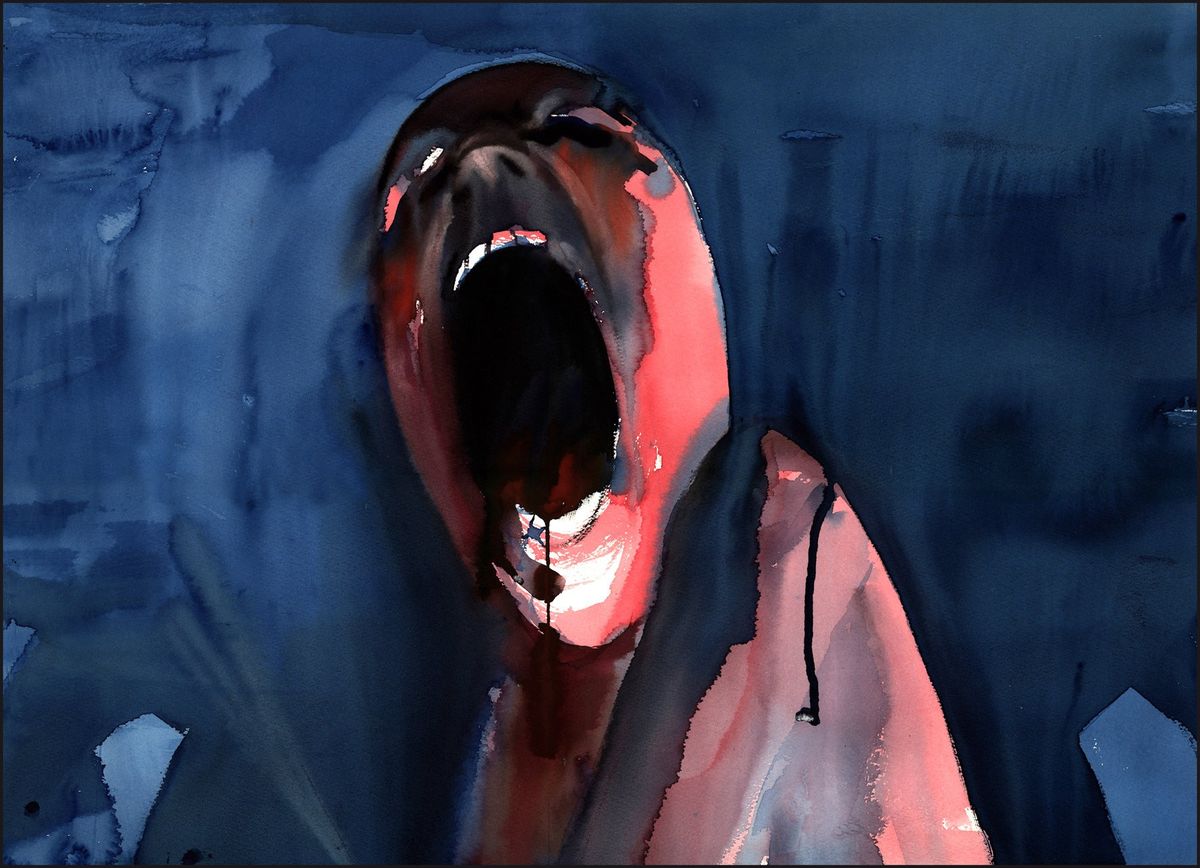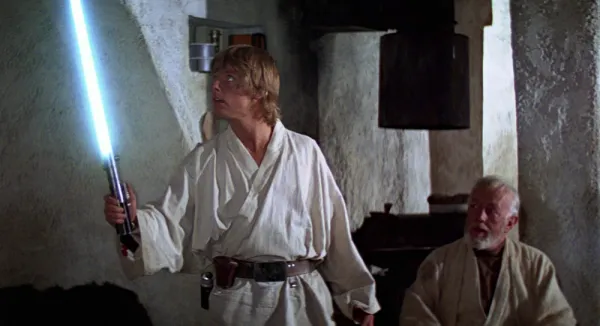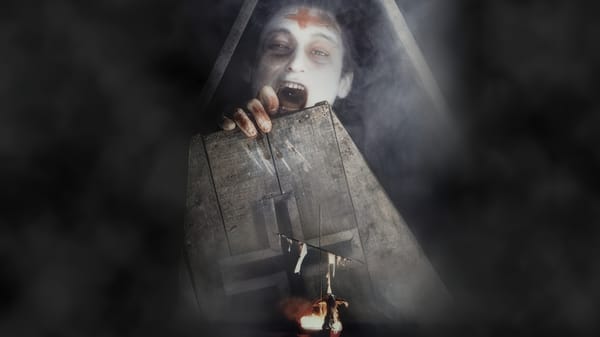Tear Down the Wall

The main theme shared by Analytical Psychology and Pink Floyd’s ‘The Wall’ is a search for meaning … in a meaningless world. I know that some would argue that Jung did find meaning in the world. I would argue that the entire body of Jung’s work is an attempt to find meaning. Whether he actually found it or not is another story.
Why do people listen to Pink Floyd? Why do people study Jung? I think at bottom it is to understand the human condition. I can only speak for myself here but I discovered Jung’s work during a time when life had very little meaning to me. We are a species built for finding meaning. We can’t even look at the night sky without making links between stars. It’s in our nature to want to find meaning. I may be just a brick in the wall … but I don’t want to be. I am always on the lookout for a way to prove to myself and maybe others that I am more than just a brick in the wall. So, I pat myself on the back and I think both of these interests (Jungian Psychology and Pink Floyd) require more brain cells than the average person has to spare. That makes me a little special doesn’t it?
The search for meaning is deep in each body of work. In the end, Pink has a schizophrenic break that leads him to the opposite of individuation – he becomes a part of the collective. In his attempt to break free of being just a brick in the wall he becomes consumed by a collective force: group think. In the film, Roger Waters ties this group-think with Nazism and Pink with Adolf Hitler. Just listening to the music it’s hard to make this link, but the film burns the image in deep and makes this association hard to shake.
The song that sums the movie up best is ‘The Trial’. Pink is not like the other kids. He writes poetry in math class. In an act that would devastate even the strongest of egos, the math teacher reads the poem to the class then makes fun of him for writing poetry. The film later shows that this worm of a teacher is nothing more than small child being ruled by an overbearing wife/mother figure. The teacher represents the Wall in many ways: the powerless male, the need to conform, and teaching conformity to the next generation to squash any creativity and prepare the children for assimilation.
Personally, I am more interested in the etiology of Pink’s condition than the actual conclusion. What is it that makes someone go over the edge like Pink does? Why do people handle abandonment, rejection, and humiliation differently? Of course the omnipresent figures in the movie are the mother and father – later institution replaces mother – father becomes The Wall.
I am going to re-watch the film this week sometime.




